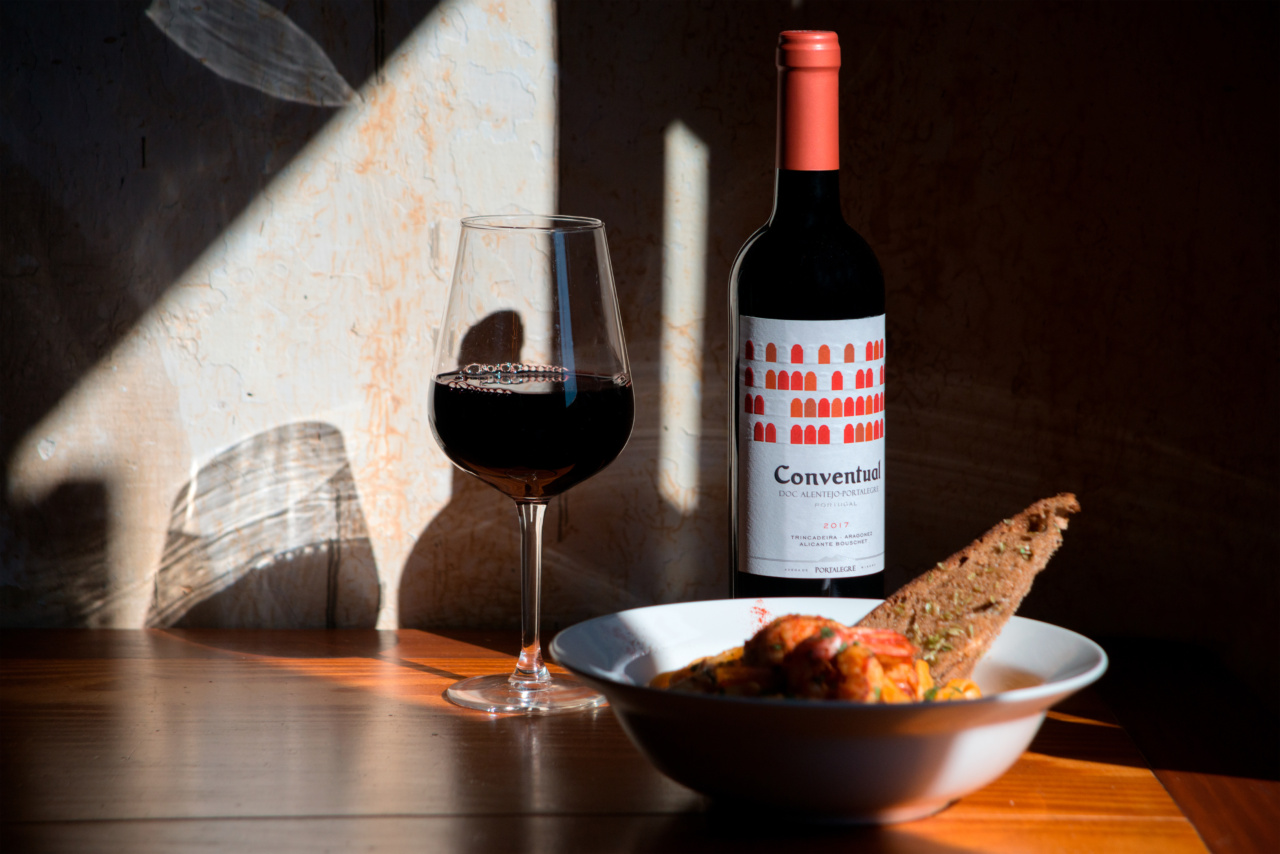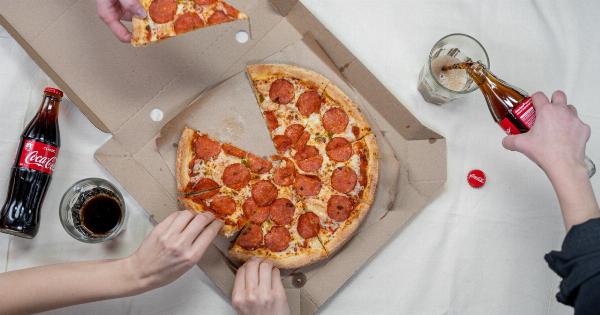Alcohol is often a part of social gatherings and celebrations. While moderate alcohol consumption may have some health benefits, over-consumption can lead to health problems such as liver damage, high blood pressure, and obesity.
Planning a healthy pre-alcohol meal can help reduce the negative effects of alcohol on the body and prevent over-consumption.
1. Lean Proteins
Protein is important for satiety and helps slow down the absorption of alcohol. Opt for lean sources of protein such as chicken, fish, turkey, tofu, or lentils.
These options are low in saturated fat, which can contribute to liver damage in combination with alcohol.
2. Complex Carbohydrates
Choose complex carbohydrates such as brown rice, quinoa, sweet potato, or whole-wheat pasta. These foods provide a long-lasting energy source and can help prevent blood sugar crashes that can lead to alcohol cravings.
3. Fiber-Rich Foods
Fiber-rich foods such as vegetables, fruits, and whole grains can help slow down the absorption of alcohol and help prevent overeating. Aim for a variety of colorful vegetables and fruits, including leafy greens, berries, and citrus fruits.
4. Healthy Fats
Incorporate healthy fats into your pre-alcohol meal such as avocado, nuts, seeds, or olive oil. These foods can help you feel full and satisfied and can also contribute to liver health.
5. Hydration
Dehydration can make the negative effects of alcohol worse, so it’s important to stay hydrated. Make sure to drink plenty of water throughout the day and especially before drinking alcohol.
You can also choose hydrating foods such as cucumber, watermelon, or coconut water.
6. Avoid High-Sugar Foods
Foods high in sugar such as candy, soda, or pastries can cause a rapid increase in blood sugar, which can lead to crashes and alcohol cravings. Opt for low-sugar options such as fruit, yogurt, or unsweetened tea.
7. Portion Control
It’s easy to overeat when you’re drinking because alcohol can lower inhibitions. Practice portion control by measuring your food and avoiding mindless snacking. Instead, enjoy your pre-alcohol meal mindfully and savor every bite.
8. Meal Timing
Eating a healthy meal a few hours before drinking can help slow down alcohol absorption and reduce the negative effects of alcohol. Avoid eating too close to drinking as this can increase the risk of indigestion or unwanted side effects.
9. Snack Options
If you find yourself feeling hungry while drinking, make sure to have healthy snacks on hand such as nuts, seeds, fruit, or veggie sticks. Avoid greasy or fried foods as these can exacerbate the negative effects of alcohol.
10. Listen to Your Body
Everyone’s body reacts differently to alcohol, so it’s important to listen to your body and pay attention to how you feel. If you’re feeling full or bloated, don’t feel pressured to keep eating or drinking.
Remember to pace yourself and enjoy your pre-alcohol meal in moderation.



























